Η καταστροφή του Ιστορικού Αρχείου του Σοχούμι (1992)
 H καταστροφή του Ιστορικού Αρχείου του Σοχούμι ήταν ένα από τα μεγάλα εγκλήματα που διαπράχθηκαν μέσα στο φρικτό πόλεμο που ακολούθησε τη σοβιετική κατάρρευση. Τη στιγμή που η Ευρώπη εγκατέλειπε την παραδοσιακή μορφή του έθνους-κράτους και επέλεγε τη συνένωση σε μεγαλύτερες οντότητες με υπέρβαση των παραδοσιακών εθνικών διαφορών, στο σοβιετικό κόσμο ξεκινούσε η διαδικασία δημιουργίας εθνών-κρατών… Ένα παράδοξο φαινόμενο που συνοδεύτηκε με πολύ αίμα, φρίκη, εθνικές εκκαθαρίσεις, προσφυγιές, ανταλλαγές πληθυσμών…
H καταστροφή του Ιστορικού Αρχείου του Σοχούμι ήταν ένα από τα μεγάλα εγκλήματα που διαπράχθηκαν μέσα στο φρικτό πόλεμο που ακολούθησε τη σοβιετική κατάρρευση. Τη στιγμή που η Ευρώπη εγκατέλειπε την παραδοσιακή μορφή του έθνους-κράτους και επέλεγε τη συνένωση σε μεγαλύτερες οντότητες με υπέρβαση των παραδοσιακών εθνικών διαφορών, στο σοβιετικό κόσμο ξεκινούσε η διαδικασία δημιουργίας εθνών-κρατών… Ένα παράδοξο φαινόμενο που συνοδεύτηκε με πολύ αίμα, φρίκη, εθνικές εκκαθαρίσεις, προσφυγιές, ανταλλαγές πληθυσμών…
Οι Έλληνες του Καυκάσου πλήρωσαν  και αυτοί βαρύ φόρο αίματος. Και επί πλέον, ελάχιστη συμπαράσταση βρήκαν στον ελλαδικό χώρο -ως πρόσφυγες πολέμου πια- από το ελληνικό «έθνος-κράτος» και τους Βαλκάνιους ομοεθνείς τους. Στην τελευταία κατηγορία συμπεριλαμβάνονται δυστυχώς και οι απόγονοι των προσφύγων του ’22 μαζί με τις φλύαρες ομοσπονδίες τους!
και αυτοί βαρύ φόρο αίματος. Και επί πλέον, ελάχιστη συμπαράσταση βρήκαν στον ελλαδικό χώρο -ως πρόσφυγες πολέμου πια- από το ελληνικό «έθνος-κράτος» και τους Βαλκάνιους ομοεθνείς τους. Στην τελευταία κατηγορία συμπεριλαμβάνονται δυστυχώς και οι απόγονοι των προσφύγων του ’22 μαζί με τις φλύαρες ομοσπονδίες τους!
Ας δούμε όμως την καταστροφή του Ιστορικού αρχείου από ένα καυκασιανό ιστότοπο, τον Circassian World News Blog [NEWS & ANALYSIS ON THE CAUCASUS]:
One day in the winter of 1992, a white Lada without number-plates, containing four men from the Georgian National Guard, drew up outside. The guardsmen shot the door open and then flung incendiary grenades into the hall and stairwel. … Sukhum citizens tried vainly to break through the cordon and enter the building to rescue burning books and papers. … The archives also contained the entire documentation of the Grek community, including a library, a collection of historical research from all the Grek villages of Abkhazia and complete files of the Grek language newspapers going back to the first years after the revolution.
 Please note that this story was previously quoted in Agtzidis (Jan 1994). Agtzidis (1994) states on page 27 that, Kharalombos Politidis witnessed the catastrophe described above. Clogg (1999) add that these irreplaceable documents for around 45 Greek communities in Abkhazia included the only complete set of the Pontic Grek newspaper Kokinos Kapnas. This story is distressing, since records of my parent’s families in Yiashtoha and Portch, near Sohoumi could be lost forever.
Please note that this story was previously quoted in Agtzidis (Jan 1994). Agtzidis (1994) states on page 27 that, Kharalombos Politidis witnessed the catastrophe described above. Clogg (1999) add that these irreplaceable documents for around 45 Greek communities in Abkhazia included the only complete set of the Pontic Grek newspaper Kokinos Kapnas. This story is distressing, since records of my parent’s families in Yiashtoha and Portch, near Sohoumi could be lost forever.
- ‘‘A Pontic Greek History», by Sam Topalidis, 2007 – Australia – p.140
http://circassianworld.blogspot.com/2008/07/abkhazias-archive-fire-of-war-ashes-of.html
A history erased – Abkhazia’s archive: fire of war, ashes of history
To whom it may concern,
In addition to the many unspeakable tragedies of the Balkan wars, one act of cultural vandalism caught the world’s attention, as it happened as the world’s cameras were trained on Bosnia-Herzegovina. This was the destruction of the Library of Sarajevo, which stored manuscripts and other documents recording the multi-cultural heritage of the state, at the end of August 1992. With help from libraries and cultural organisations around the world, many of the losses were made good in the post-war years of reconstruction.


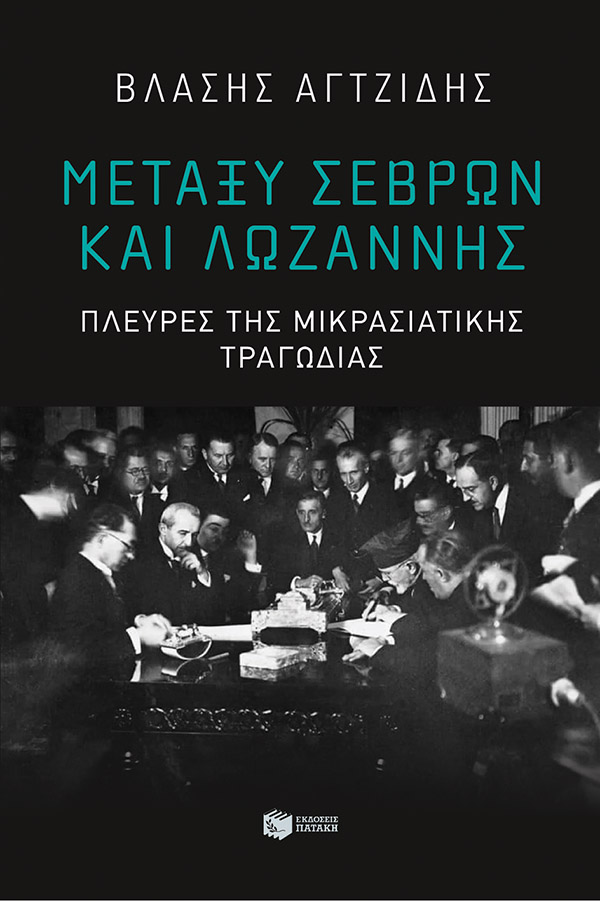
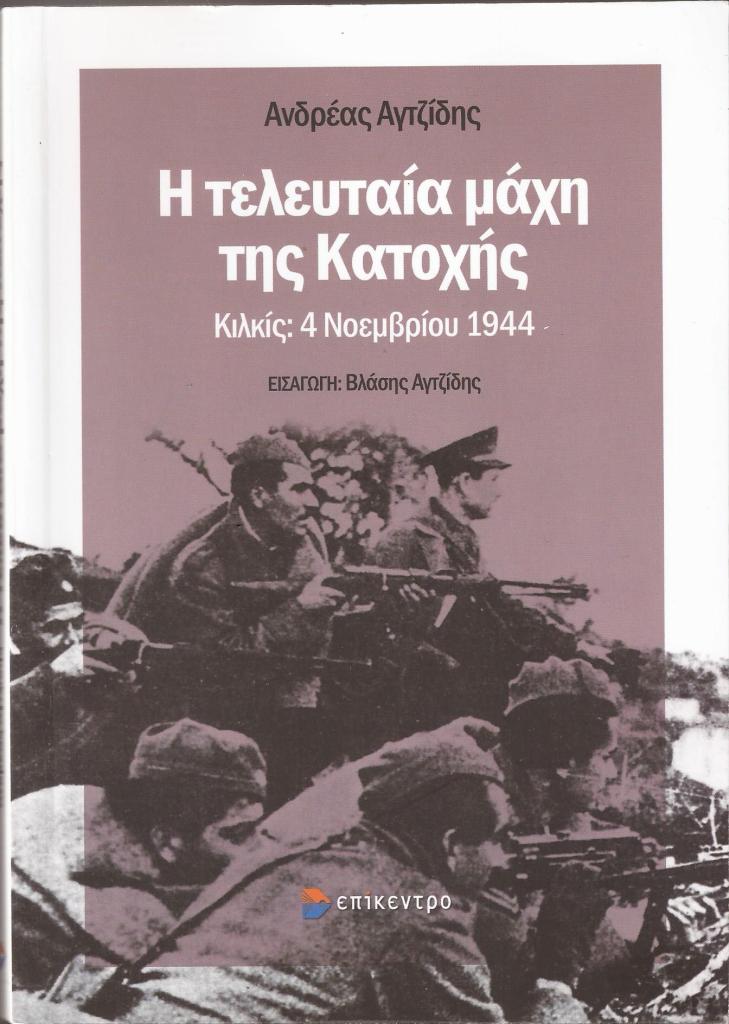

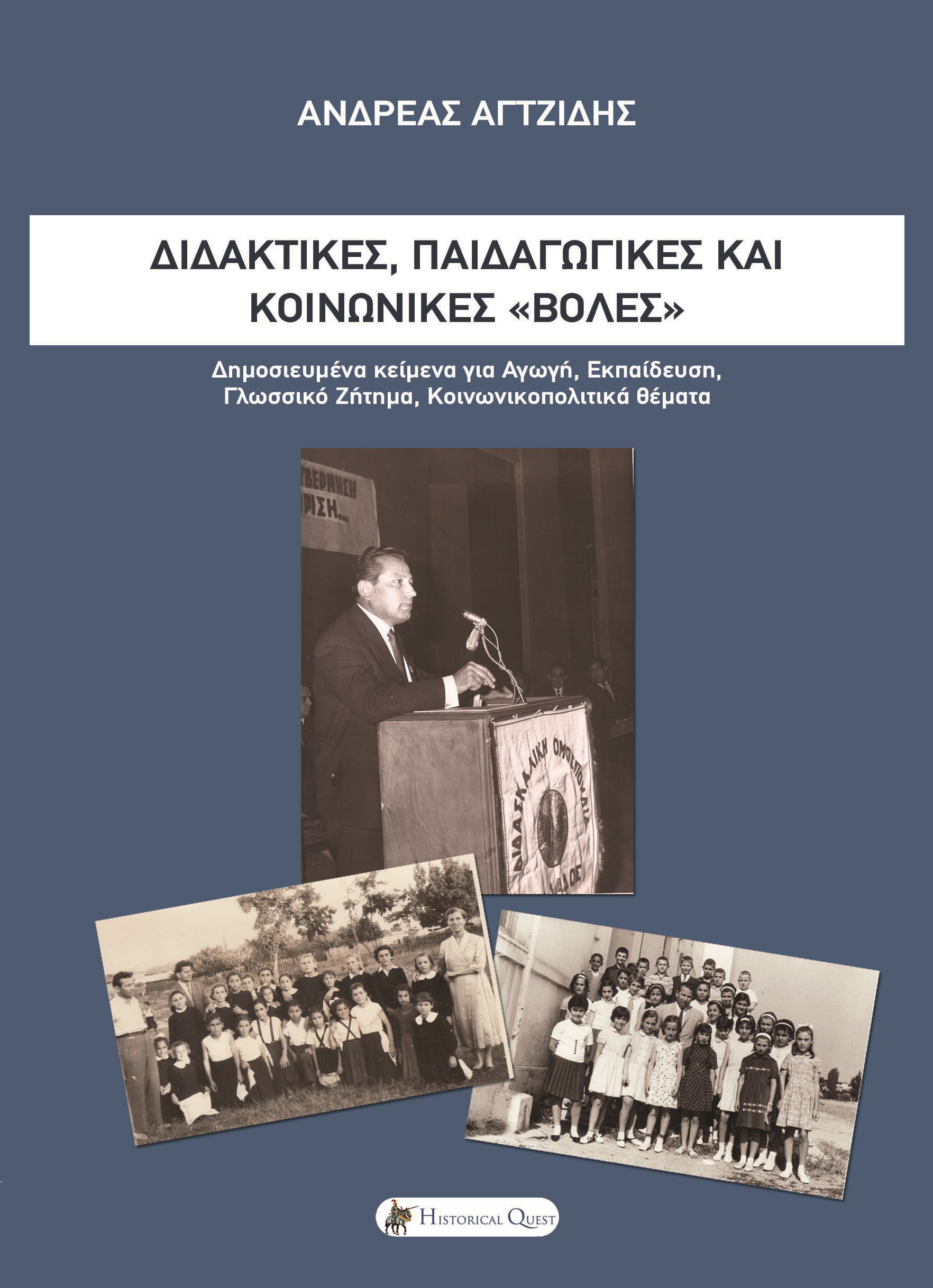
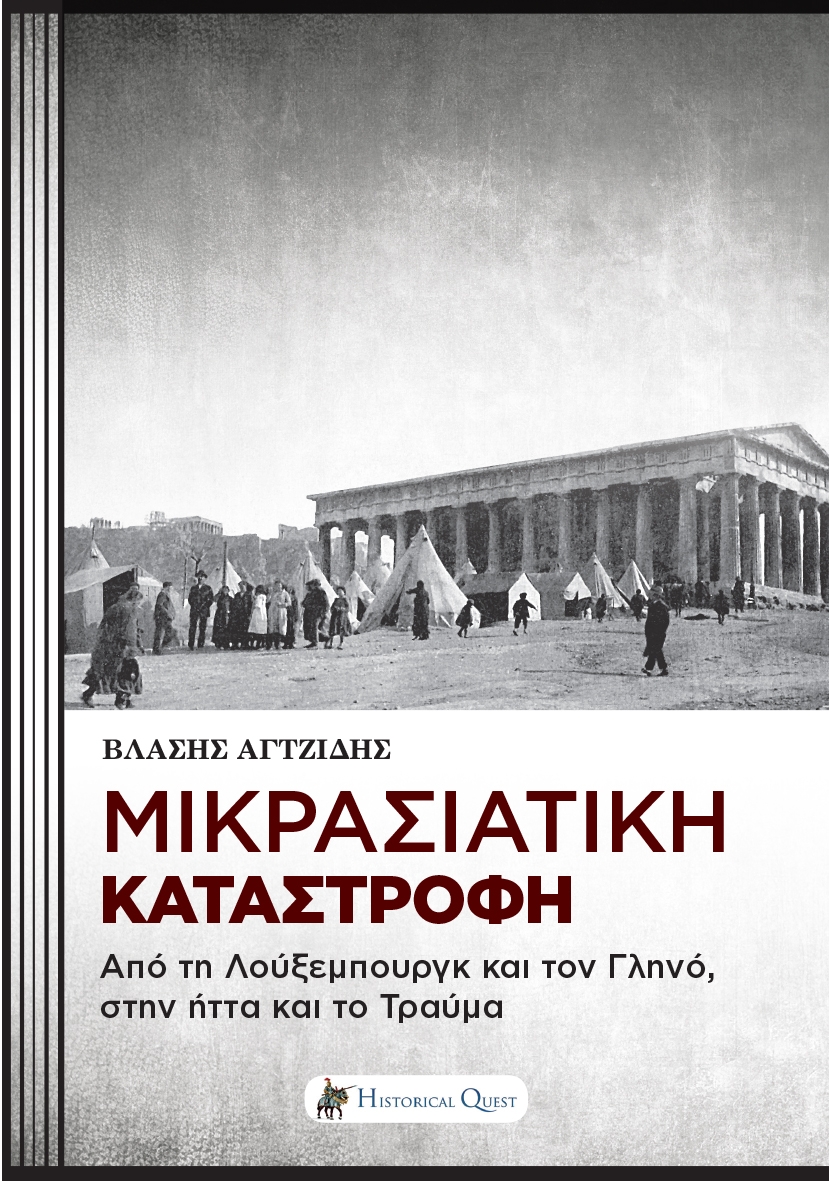



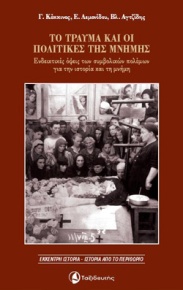


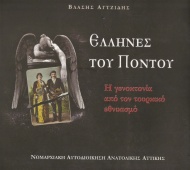

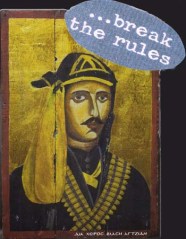
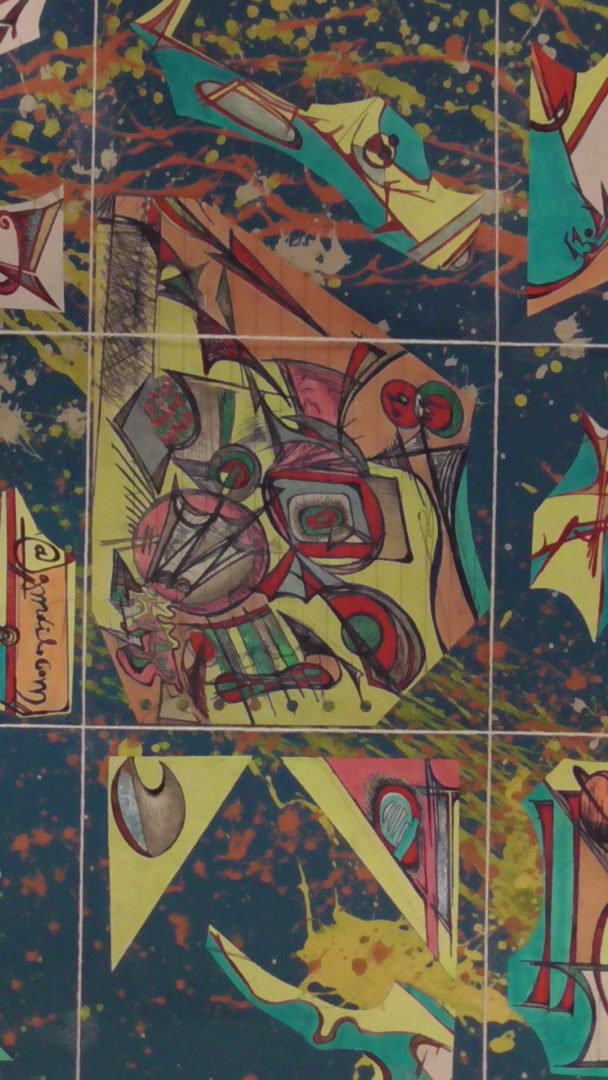
[…] Η καταστροφή του Ιστορικού Αρχείου του Σοχούμι (1992) […]
2010-07-04
The ashes of Sukhumi
Labels: Greece
This story picks through the ashes.
When I was finishing my undergrad and moving through to linguistics in 1993, the war in Abkhazia was underway. There was plenty of grubby conduct on both sides, and Abkhazia was in the end thoroughly ethnically cleansed; but outsiders with no stake in the Caucasus had sympathies for the most superficial of reasons. As a linguist, I wished the bizarre consonants of Abkhaz well. Yes, it was that superficial—though I did also know someone who knew Viacheslav Chirikba, Abkhaz specialist on Abkhaz, linguistics lecturer in Leiden (and now in Sukhumi), and representative of Abkhazia to Europe for years.
Robert Haupt was the Soviet Union/Russian correspondent at the time for the Fairfax newspaper group (The Age, Melbourne, and the Sydney Morning Herald). This was a pre-Web age, and his dispatches, which I consumed with pre-Web leisure, alternated between leisurely whimsy and urgency, from a correspondent in the midst of the disruptions shaking the Soviet Empire. When he finished his five year stint, Haupt published a memoir of his time in Russia, Last Boat to Astrakhan (see review 1, review 2).
Halfway through his time in Russia, Haupt wrote an editorial on the Abkhazian War. My sympathies were with the Abkhaz consonants; his sympathies were with a sustainably-sized polity, which meant Georgia, and he treated Abkhazian independence as «a sort of Ruritanian joke». His sympathies led him to diss Abkhaz consonants:
The amazing thing is that even in Abkhazia the Abkhazians are a minority. In fact, they constitute 17.1 per cent of the region’s population, Georgians making up 43.9 per cent. The total number of Abkhazians anywhere is just over 90,000. Put together, they are a football crowd. About half the Abkhazians are Sunni Muslims, but judging from my meetings with some of them before the civil war it was a lightly-worn faith, with few mosques and veils and with the prohibition on alcohol honoured not so much in the breach as by the barrel.
The Abkhazian language is an issue. A strange tongue, apparently related to Circassian, it sounds like the noise a Chinese speaker might make on the point of being strangled. When the Soviet Union existed, mandatory Russian obscured the problem of whether the official language here was to be Abkhazian or Georgian. As Moscow’s grip slackened, disputes arose, particularly over what was to be the language used at Sukhumi University. Georgians point out that their language, having a written literature going back to the 5th century BC, has some claims to precedence as a means of instruction over a tongue that achieved a fully written form only in 1928.
I’ve said worse a decade later about Montenegrin, but I was scandalised at the time. Given the practicalities of bureaucracy and business and scholarship, Georgian does have more of a claim as an Ausbausprache than Abkhaz—spoken by only two thirds of that «football crowd»; the current moves to make it the language of government business in Abkhazia are not meeting with success, and the business of Abkhazia is being conducted in Russian.
But what had happened at the start of the Abkhaz war was no Ruritanian joke. Abkhaz would have had more Ausbau in place, if Georgian paramilitaries had not torched the Abkhaz national library and national archives.
Abkhaz is a small language, with a small written footprint—much smaller than Georgian. Burning down the place where all books in Abkhaz were deposited made it even smaller, and was intended to. The National Library has since managed to restore a lot of the 40% of books burned—in no small part because Soviet Abkhazia had made sure a copy of every Abkhaz book also went to Moscow. The library is still damaged and scaled down, but basically functioning.
It is otherwise with the National Archives (account in Russian). Its fate is heartbreakingly documented by Thomas de Waal:
Abkhazia’s archive: fire of war, ashes of history
Abkhazia: Cultural Tragedy Revisited
Of the 176,000 archival documents in Abkhazia, 168,000 are estimated to have been destroyed. What the Georgian paramilitary did not burn in the National Archives (despite the efforts of both Abkhaz and Georgian neighbours), was in the archives stored in the Communist Party Archives. Georgian and then Abkhaz troops did away with those archives as the war went on.
There is a Greek component to this blotting out. Abkhazia had a substantial Pontic community before the Stalinist purges and deportations, as documented by Daniel Müller: 7% of the population in 1926, 10% in 1939 (as ethnic Abkhaz started to leave the region), but just 2% in 1959. As I noted in the Other Place, the historian Vlasis Agtzidis has recently published his doctoral dissertation on the Greek press of the Soviet Union. His focus is Κόκινος Καπνας, Red Tobacco-Worker, the Greek newspaper of Sukhumi.
The entire print run of the Red Tobacco-Worker was one of the many items to go up in flames in October 1992, after Agtzidis had already been to Sukhumi—though as the introduction notes, the print run had been microfilmed in Moscow just in time. The newspaper was of course only one of thousands of testimonies of the Greek history of Abkhazia that was destroyed.
As de Waal’s accounts tell, the archive’s last custodian was himself half-Greek (and spared deportation in 1949 through his German mother): Nikolai Ioannidi. Ioannidi was the director (or deputy director) of the archive, and was working on a history of the Greeks of Abkhazia. He published the first volume of Греки в Абхазий in 1990, the first published account of the Stalinist purges of Greeks (see comment #15, Pontus and the Left). The manuscript of the second volume turned to ash in his office safe, before his eyes.
And Ioannidi spent his last days in an empty room in the University of Sukhumi, drinking Greek coffee and brooding over the remnants of the National Archive, uncatalogued, unrestored, unrecognisable. De Waal reports Ioannidi’s death on 1 July 2007, eight months after he had interviewed him.
De Waal paints a tragic picture of Ioannidi, but I will take his epitaph instead from the Pontus and the Left blog, in the discussion about the historiography of the purges of Greeks. Ioannidi did manage a second book shortly before he died, about the exile of the Abkhazian Greeks to Central Asia in 1949; the discussion on the blog was about the opinion of some historians that the exile was connected to the defeat of the Communists in the Greek Civil War. Commenter M-P (one of the blog owners) attributes the opinion to Ioannidi in his first book (comment #20). (Agtzidis also mentions that as Ioannidi’s position in an article on the purges, fn. 188). Commenter Dimitris (comment #21) retorts that Ioannidi was merely posing it as a question, and rejected it in his second book.
Yet even while disagreeing with Ioannidi, M-P paid him tribute—the kind of tribute Ioannidi would have welcomed:
Ioannidi was a Soviet historian. He wrote during the Soviet era, relied on Soviet archives, and because of his age and circumstances, he was not influenced by post-Soviet ideological trends. Until the end of his life he struggled with other comrades of all ethnicities against the nationalisms sweeping through Abkhazia.
Robert Haupt died on his way back to Australia in 1996, just before his memoirs were published. A few years later, the columnist Peter Ryan was writing a told-you-so piece about the scandal surrounding Prime Minister Keating’s investment in a piggery while in office. The teaser starts with:
IT IS A STRANGE SENSATION when you feel that a dead man is trying to send you a message, but it happened to me a couple of weeks ago, shortly after Australia’s Attorney-General announced that no further inquiries would be pursued into the circumstances of Paul Keating’s piggery. The dead man was Robert Haupt, one of the ablest and most respected journalists in recent Australian media history.
From the teaser, it looks like Haupt had written something prescient about the scandal. Haupt’s analysis about Russia is challenged in Jennifer Marohasy’s blog, just as Ioannidi’s analysis was challenged in Pontus and the Left’s blog. But the dead do still send us messages, through what they have left behind; and they do not ask that they be right all the time, merely that they be remembered.
The fires in Sukhumi denied others their rememberance. Haupt and Ioannidi have not been so denied. Requiescant.
http://opuculuk.blogspot.gr/2010/07/ashes-of-sukhumi.html
[…] Τον Αύγουστο του 1993, η Ελλάδα οργάνωσε μια μεγάλη ανθρωπιστική επιχείρηση για να παραλάβει Έλληνες που απειλούνταν από πολεμικές συγκρούσεις στο ηφαίστειο του Καυκάσου. Η επιχείρηση αυτή ονομάστηκε συμβολικά από τους συντονιστές «Επιχείρηση Χρυσόμαλλο Δέρας»…και είχα τη μεγάλη τύχη να λάβω μέρος και να πάω στο πολιορκημένο Σοχούμι με αντικειμενικό στόχο να σώσω από την πλευρά μου το αρχειακό υλικό που αφορούσε τους Έλληνες της περιοχής και ήταν αποθηκευμένο στο Ιστορικό Αρχείο της πόλης. Όταν ξεκινούσαμε, δεν γνωρίζαμε ότι το Αρχείο είχε πυρποληθεί από παρακρατικούς… […]